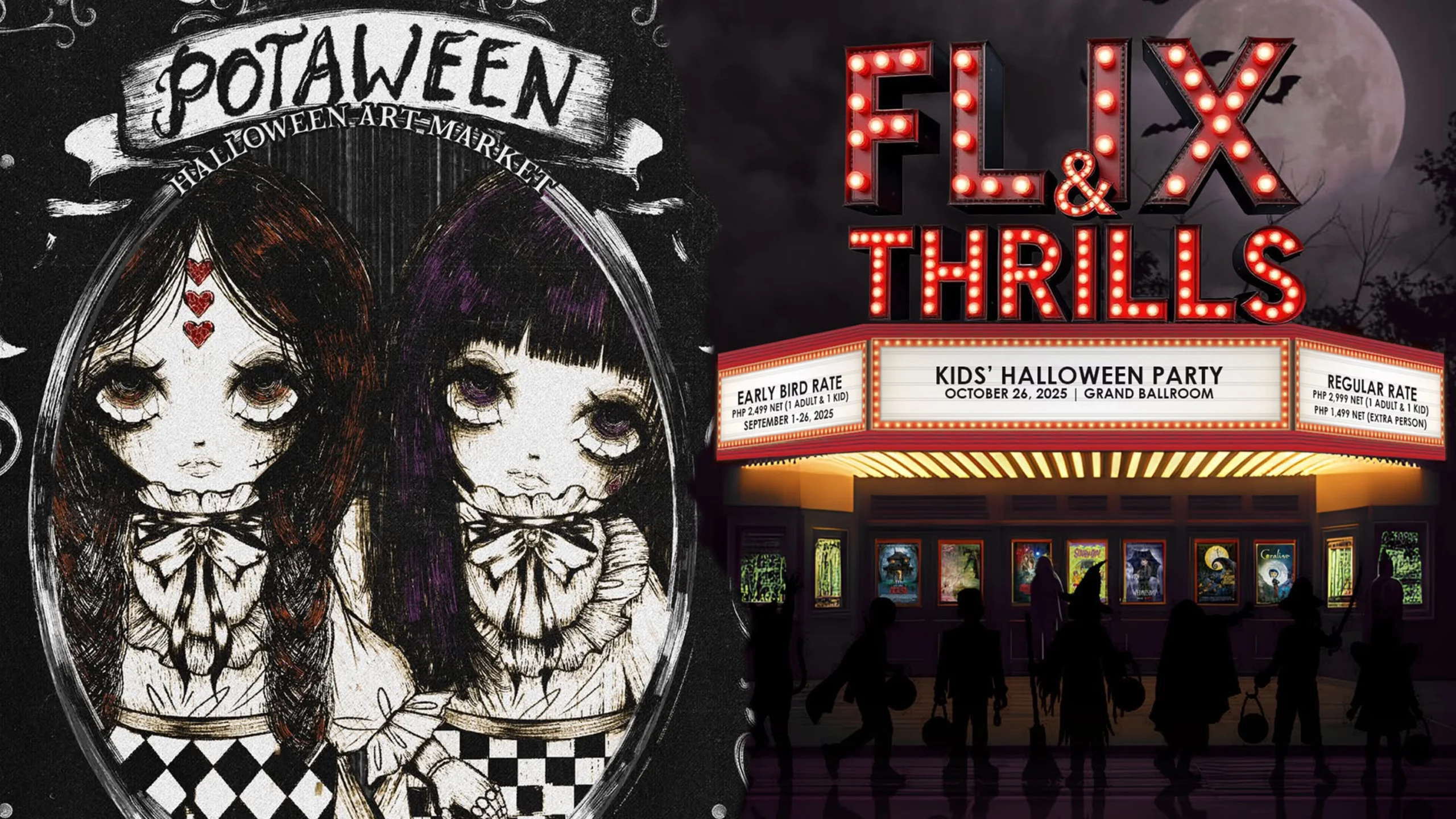Why Maria Ozawa Wants to Raise Her Kids in the Philippines
In an interview, Japanese model Maria Ozawa reveals why she wants to raise her kids in the Philippines
Choosing a country to settle in is a big decision for anybody. And it’s no secret: many foreigners do choose the Philippines to settle down. Some say it’s because they’ve fallen in love with the climate. Others—it’s the locals who have charmed them. For famous Japanese model Maria Ozawa, it was how the Filipinos prioritized family values that she had experienced through their “hospitality.”
“It clicked. Everybody is very welcoming. The hospitality I never had in Japan. The food is good. The weather is nice. The beaches are the best,” she stated in an interview with Julius Babao.

The Warmth of Filipino Family Culture
While every family culture has its pros and cons, Maria Ozawa shares that the one in the Philippines has made her a “better” person in terms of her relationships and family.
“The people really care about each other. Family comes first. That’s what I learned here. It’s the opposite in Japan. Family doesn’t come first. It’s work or business first, then friends, then someone, then family down the list,” she explained.
Especially in Japan which is known for its “intense” and “toxic” work culture, many Japanese find it difficult to maintain a family or relationships. Some would prefer the hikkokomori lifestyle—one where they are isolated from others.
However, in the Philippines, that kind of lifestyle may be difficult to understand. Everybody in the Philippines knows somebody. It’s almost impossible not to bump into someone who knows a close friend of a friend. Or, a cousin of a friend or at least an acquaintance with a similar attribute. That level of connection can make Filipinos a lot friendlier than most.

Why Culture is Important
A country’s culture doesn’t just affect one’s experience; it also shapes family values.
In the Philippines, the filial piety we have stems from our origins as a tribe. To protect ourselves from invaders, rival tribes, and foreigners, we would gather in numbers. These numbers would then help overwhelm the enemy or better sustain the members.
But in the modern world, the tight family culture has both its pros and cons. While many of the younger generation have voiced their frustrations about how dedicated some can be to upholding these values, others see the protection it offers in a judgmental world.
More about family cultures?
How Utang na Loob Made Filipino Families Toxic
Why Filipinos Willingly Care For Their Elderly Parents
Jaclyn Jose is Right: “Kids Are NOT A Retirement Plan!”









